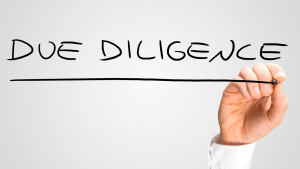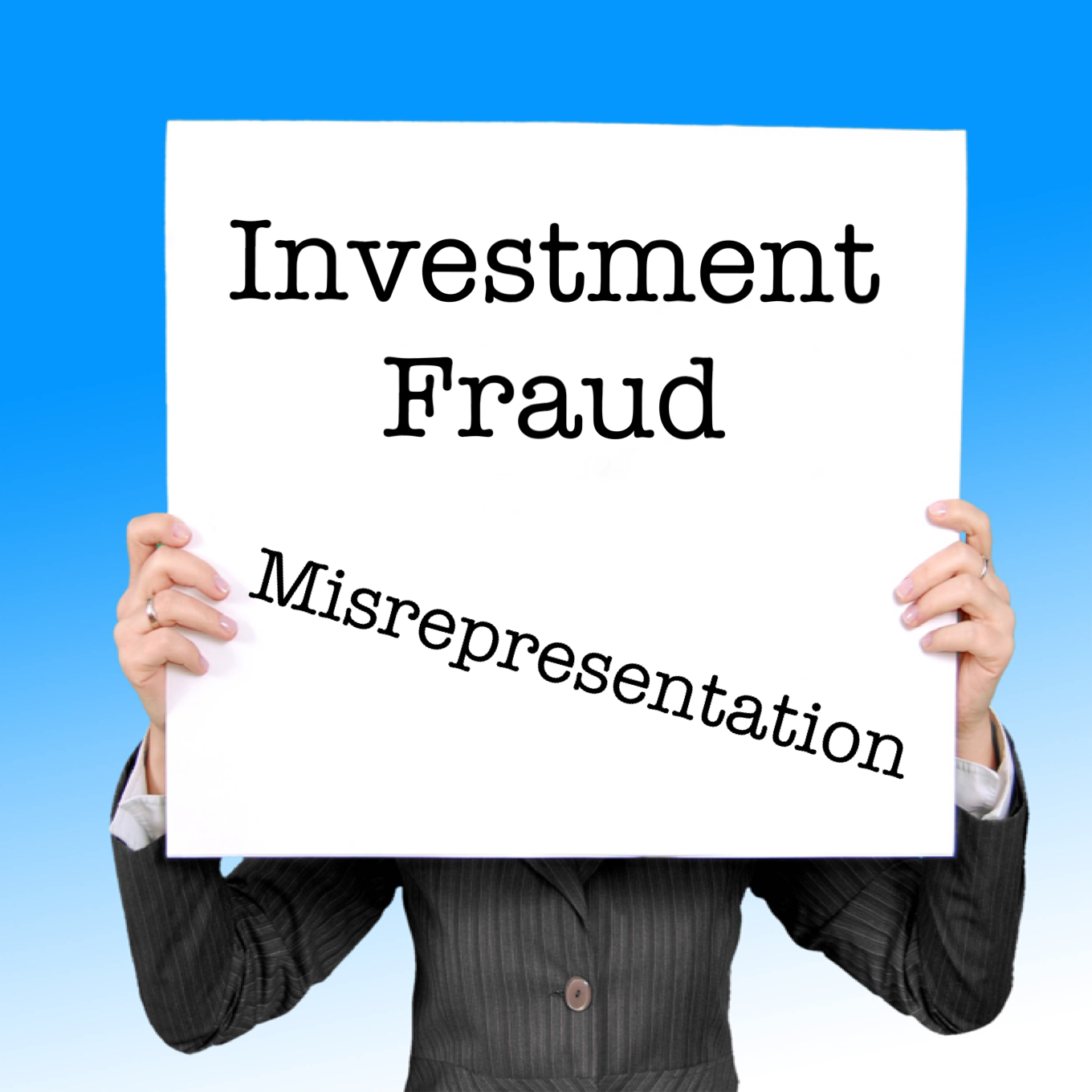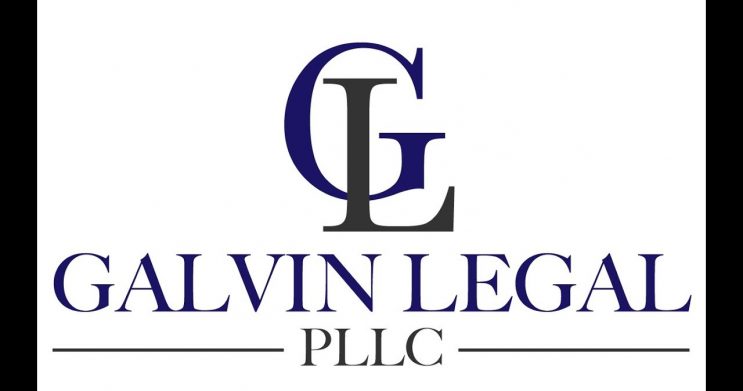
Did you lose money investing in SteadyServ Technologies?
Galvin Legal, PLLC is launching an investigation on behalf of investors who suffered losses investing in SteadyServ Technologies at the recommendation of their financial advisor. If you suffered losses investing in the investment, then Galvin Legal, PLLC may be able to help you recover your losses in a Financial Industry Regulatory Authority (“FINRA“) arbitration claim against the brokerage firm that recommended the investment.
About the Investment: SteadyServ Technologies
If you are an investor in SteadyServ Technologies, then you probably know that the company has filed for Chapter 11 Bankruptcy. If you are one of the hundreds of preferred stock holders of this company, your investment is now worthless. According to SteadyServ Technologies’ bankruptcy filings, which are available publicly through the Pacer system, the company filed for Chapter 11 bankruptcy in February 2019, which allows the company to stay in business and try to dig its way out of its unmanageable debt and operating expenses.
The SteadyServ Technologies court filings provide some important information for creditors and investors alike. First, SteadyServ Technologies disclosed $6,457,359 in liabilities on only $54,999 in assets. Of the almost $6.5 million in liabilities, $5,785,643 is identified as “secured”, meaning in the event the bankruptcy results in a sale of assets and property, including its intellectual property, that roughly $5.7 million will be paid before unsecured creditors of about $700,000. If there is any money left, then preferred shareholders would get their pro rata share, which in this circumstance, there is nothing left to distribute. In order to make payroll and to operate the business during the pendency of the bankruptcy, SteadyServ Technologies entered into a special loan agreement for an additional $1 million subject to specific restrictions set by the bankruptcy court. This special loan is given “super-priority”.
According to additional SteadyServ Technologies filings, the company’s projections for 2019 account for total sales of between $26,000 and $28,000 per month. Almost all of the company’s income comes from loans and capital financing. The filings also show “gross revenue” for 2017 of $664,666 and only $379,010 in 2018.
Preferred Stock Investors have been Wiped Out
If you are a SteadyServ Technologies investor, you probably own “preferred stock”. In a bankruptcy like this, with a company that has virtually no assets and a mountain of debt, the difference between being a common stock holder and preferred stock holder is nothing more than semantics. If the company liquidates, there won’t be anything left to pay you. If the company miraculously navigates Chapter 11 and can restructure its debt – the majority of which is owned by a disgruntled former executive of the company who sued SteadyServ Technologies in Indiana state court just prior to the bankruptcy filing – in order to further finance operations, SteadyServ Technologies will need to sell more stock, which will dilute your preferred shares. In this situation, all preferred stock holders’ interests have been wiped out.
If you suffered losses and would like a free consultation with a securities attorney, then please call Galvin Legal, PLLC at 1-800-405-5117.
Due Diligence Requirement
FINRA requires brokerage firms to conduct due diligence on investments and to conduct a suitability analysis when recommending securities to a customer that takes into account the customer’s knowledge and experience. FINRA Rule 2111(a) states that “a member or an associated person must have a reasonable basis to believe that a recommended transaction or investment strategy involving a security or securities is suitable for the customer, based on the information obtained through the reasonable diligence of the member or associated person to ascertain the customer’s investment profile. A customer’s investment profile includes, but is not limited to, the customer’s age, other investments, financial situation and needs, tax status, investment objectives, investment experience, investment time horizon, liquidity needs, risk tolerance, and any other information the customer may disclose to the member or associated person in connection with such recommendation.”
Rule 2111 is composed of three main obligations: reasonable-basis suitability, customer-specific suitability, and quantitative suitability. Brokerage firms that fail to conduct adequate due diligence on investments they recommend, such as SteadyServ Technologies, or that make unsuitable recommendations can be held responsible for the customer’s losses in a FINRA arbitration claim.
If you suffered losses and would like a free consultation with a securities attorney, then please call Galvin Legal, PLLC at 1-800-405-5117.
Request a Free Consultation with a Securities Attorney
If you suffered losses investing in SteadyServ Technologies and would like a free consultation with a securities attorney, then please call Galvin Legal, PLLC at 1-800-405-5117.
This information is all publicly available and is being provided to you by Galvin Legal, PLLC.
Galvin Legal, PLLC is a national securities arbitration, securities mediation, securities litigation, securities fraud, securities regulation and compliance, and investor protection law practice. For more information on Galvin Legal, PLLC and its representation of investors, please visit www.galvinlegal.com or call 1-800-405-5117.

